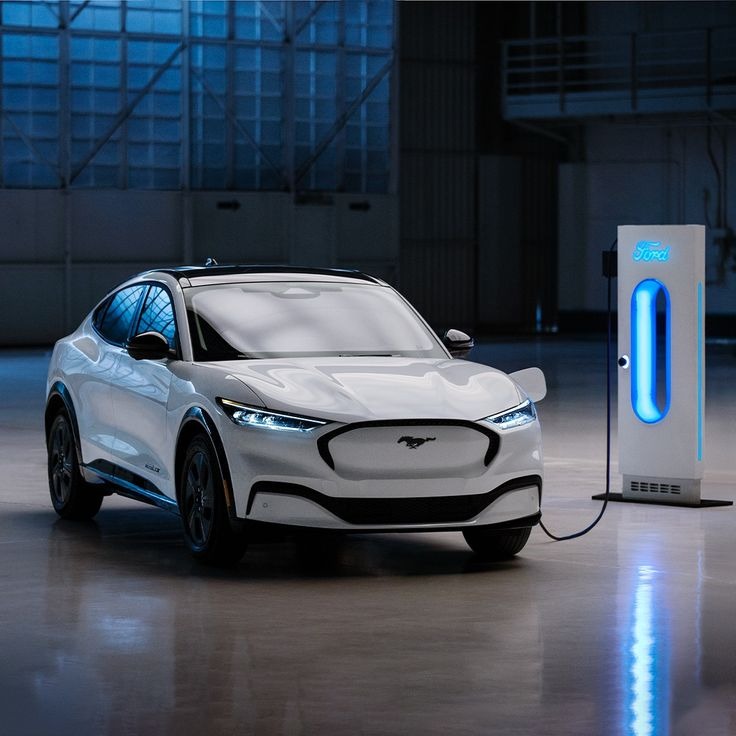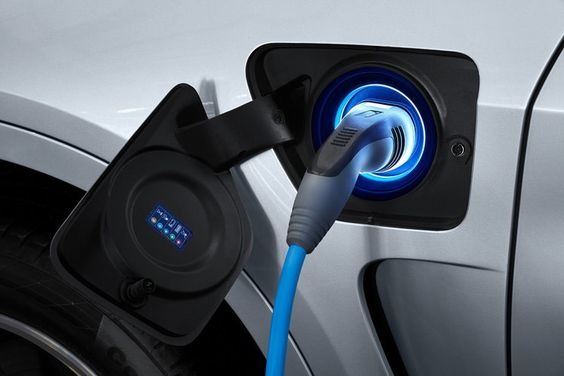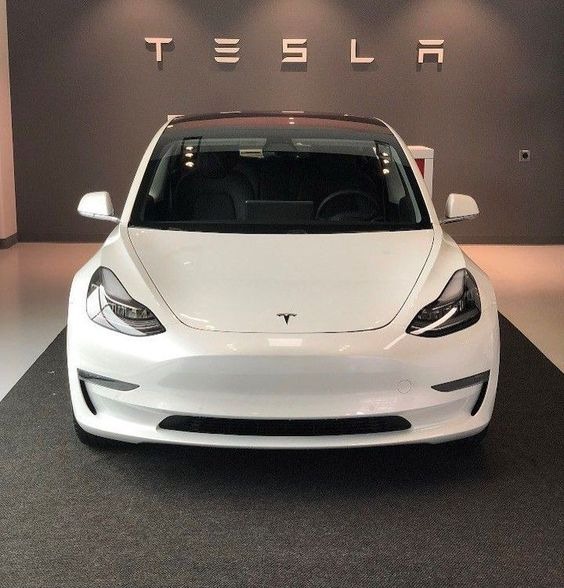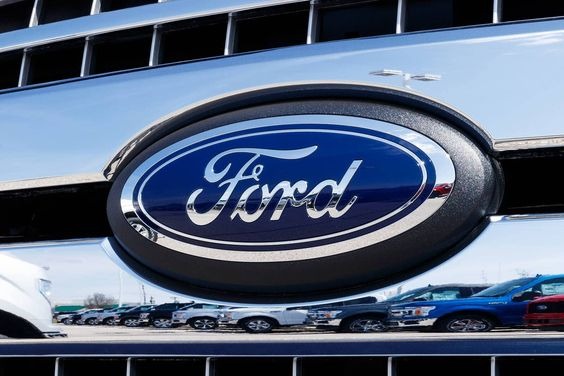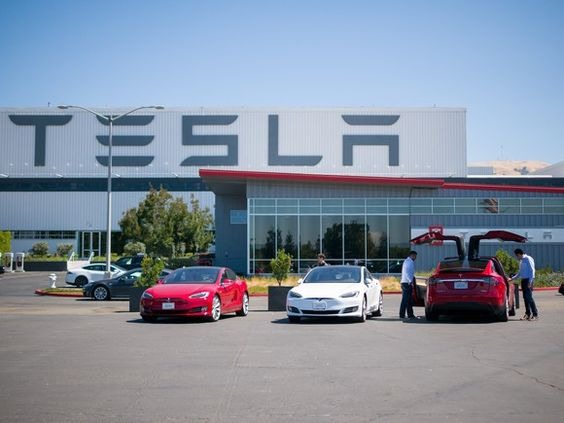EV Charging Station Company Files for Bankruptcy Amid Failing Market
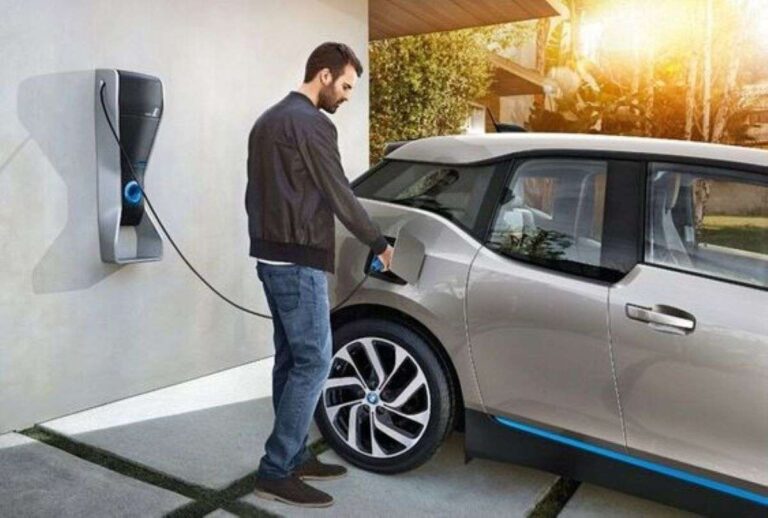
EV Charging Station Company Files For Bankruptcy Amid Failing Market
Details of the Filing
How Much Charge Enterprise Is Worth
Reason for the Bankruptcy
It Is the Latest Bankruptcy Filing in the EV Industry
More on Lordstown’s Bankruptcy
The EV Market Is Struggling
Not Enough Charging Stations
EVs Are Problematic
EVs Can Be Expensive
Companies Are Editing Production Goals
EVs Problems Need to Be Addressed
Price Drops Not Helping
Concerns About Safety
The Opposite Is Happening in China
MOST POPULAR
-
Dinosaur Embryo Discovered Inside 72-Million-Year-Old Egg
March 22, 2024 -
Some Countries With Strict Anti-LGBTQ+ Laws
March 22, 2024 -
New Study Reveals Underground Climate Change Below Populated U.S. Cities
March 18, 2024 -
Truckers Show Support for Trump, Boycott NYC Amid $355 Million Civil Fraud Ruling
April 17, 2024 -
Did Oswald Act Alone? Chilling Testimonies From JFK’s Assassination
March 9, 2024 -
CRFB Reveals How Much National Debt Trump Incurred in His Presidency
April 19, 2024 -
Americans Think Both Biden and Trump Would Not Make Good Presidents
April 16, 2024 -
Here’s Why Young American Males Don’t Want a College Education
May 18, 2024 -
Baltimore Mayor Accuses Racists of Weaponizing DEI Language
April 15, 2024 -
Federal Judge Suggests Trump Might Incite Another Riot Like January 6
April 18, 2024


